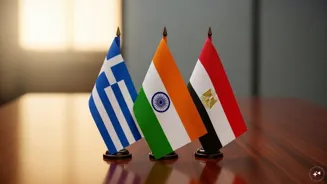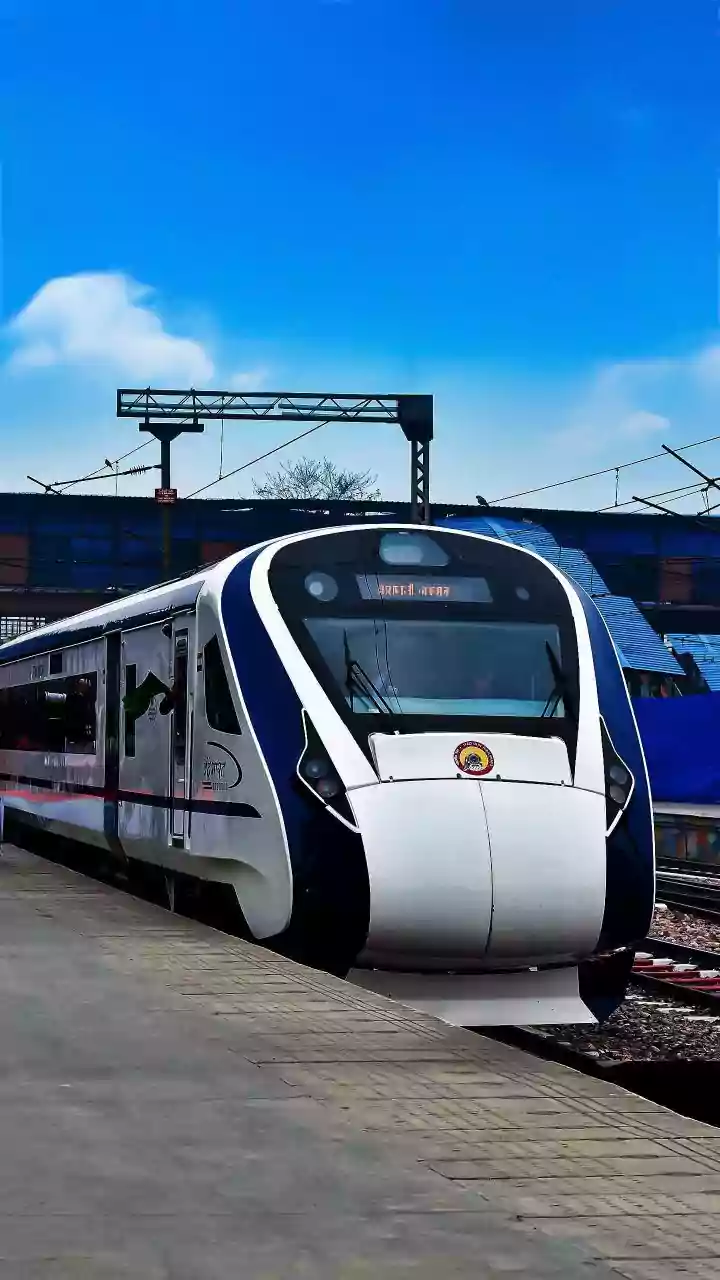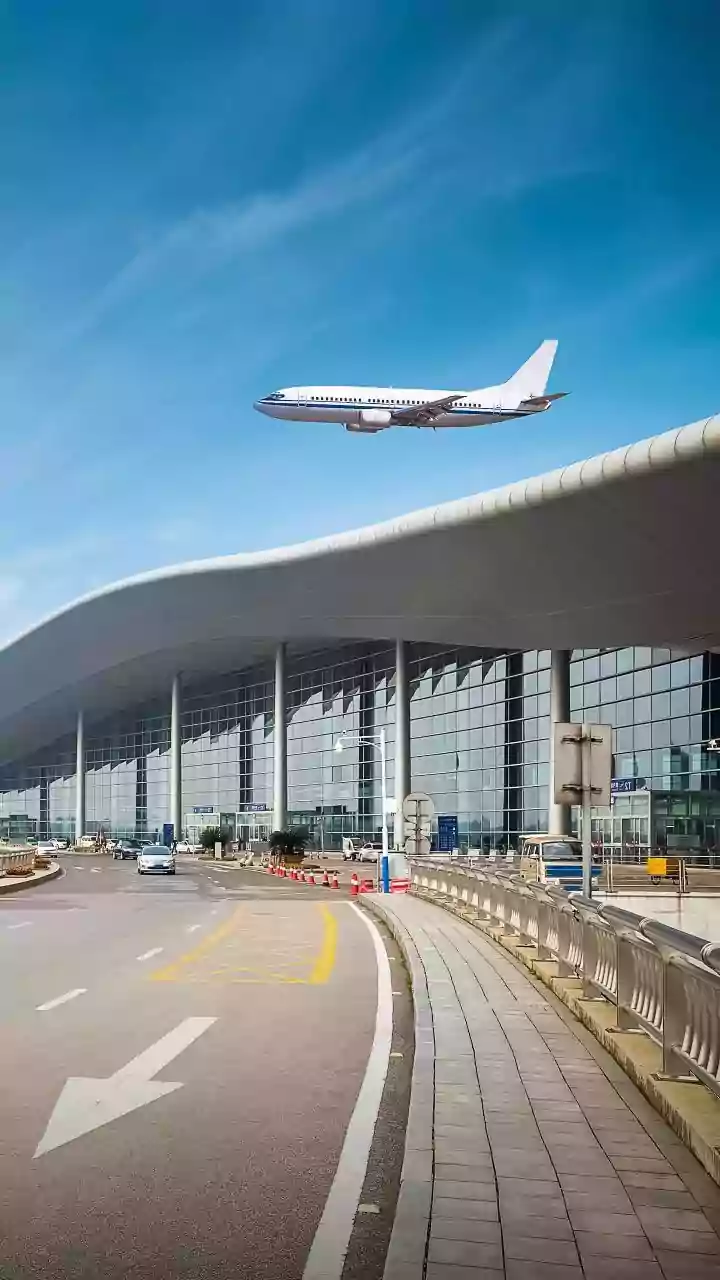What is the story about?
The Indo-Mediterranean is fast becoming a new geopolitical and geoeconomic frontier that connects the Indian Ocean with the Mediterranean Sea by vital energy, trade and security routes. In contrast to the Indo-Pacific, which has gone through extensive theorisation and institutionalisation, the Indo-Mediterranean is still a relatively loose concept—its boundaries are still being articulated. India, Egypt, and Greece have a strong potential to become central in this space if they could set up a trilateral cooperation mechanism.
Such a partnership has the potential to strengthen the security, increase economic ties, and foster cultural relations, building the new Indo-Mediterranean story. India has economic strength, technological capabilities, and depth in the Indian Ocean. Greece has the merits of geographical position (in the eastern Mediterranean), EU membership and maritime experience. Egypt gives access to the control of the Suez Canal that connects the Indian Ocean to Europe, together with increased diplomatic influence in Africa and the Arab world. The three countries share one of the most strategic trade and energy routes of the 21st century.
The Indo-Pacific has been the strategic focus over the last decade, institutionalised through structures such as the Quad and comparable bodies under Asean. However, the Indo-Mediterranean has slipped in as a vital pivot between the Indo-Pacific and Europe. As naval competition heightened, shifting supply chains and renewable energy transition plans increased, and the Suez Canal and eastern Mediterranean regions have become central to global flows of energy and goods. It renders Egypt and Greece into essential connections, with India considering the region as an extension of its westward strategic power expansion.
India has a long history of culture and commerce with Western Asia and the Mediterranean world. The Indian interest in strengthening its presence in the Middle East, already expressed in its relations with major Arab and European players, can also be associated with the formation of a triangular partnership with Greece and Egypt. For instance, India and Greece aim to quadruple bilateral trade from $2 billion in 2022-23 by 2030, expanding ties in agriculture, shipping, defence, and IT.
Egypt and Greece have a deep-rooted historical and cultural relationship, which is foundational for trilateral cooperation. With India, they can develop resilience against common threats of terrorism, piracy, and stability in the Red Sea and the eastern Mediterranean. Conducting joint naval patrols, sharing intelligence information and cooperating on maritime domain awareness will enhance security of these waterways. For India, this fits in with its Security and Growth for All in the Region
(Sagar) initiative, and for Greece and Egypt, it confirms their positions as the regional security powers in the Mediterranean.
On the geopolitical level, such trilateral cooperation may serve as a balancing mechanism. China has gained significant access to Greece, especially with its investment in the Piraeus in its Belt and Road Initiative, and to Egypt, where Chinese capital is a major driver of the provision of infrastructure facilities. Forging relationships with India will help Athens and Cairo to diversify their external relationships and tie themselves to a democratic actor, posing less risk of overdependence on Beijing.
The economic cooperation is vital between these three countries. The Suez Canal remains a vital route for India-Europe trade. Greece is a point of entry into the European market, especially at the ports of Piraeus. The proposed integration of the Indian westward connectivity projects, including the India-Middle East-Europe Economic Corridor (Imec), with Egyptian and Greek infrastructure would lead to a coherent belt of trade between Mumbai and Athens.
Energy transition adds an additional opportunity dimension. Egypt is locating itself as a liquefied natural gas
(LNG) hub, and Greece has been a major transit country into Europe through pipelines. Both also have a large-scale plan toward renewables, something that echoes India in its dream of clean energy. A cooperation in hydrogen, solar, and LNG infrastructure may diversify energy imports to India and integrate the three partners further into the energy future of Europe.
The other pillar is security. India and Greece have their first bilateral defence cooperation agreement in 2024, and their forces have already started carrying out joint military exercises. Egypt and Greece carry out joint exercises with Cyprus in the
Medusa framework. An extension to a trilateral naval exercise would have the added benefit of interoperability across the Red Sea and Mediterranean, enhanced maritime domain awareness and joint counterterrorism and anti-piracy operations. These would form a network of shared capabilities to protect shared maritime trade routes.
India, which might well be the third-largest global economy by 2030, has an $11 billion defence market and is the fourth-largest military spender, which also allows 100 per cent foreign direct investment (FDI) in shipping. In Greece, India’s GMR Airports is in a joint venture with GEK Terna to build an 850-million-euro project.
Beyond hard security, energy, trade and economy, the three nations can build on their rich civilisation. The Nile, Indus and Hellenistic worlds have long exchanged trade, migration and wisdom. Renewing cultural connections would build up popular support for the trilateral project.
The Indo-Mediterranean is not a passive geography. It is a geography being actively constructed by partnerships, strategies, and investments of regional and global actors. The India, Egypt, and Greece corridor could decisively boost their central geopolitical, cultural, and economic stability.
This trilateral partnership can be a stabilising factor in an ever more turbulent regional and global context, enriching regional cooperation and strengthening multipolarity. This moment is captured in the Indo-Mediterranean corridor that runs between Mumbai, Alexandria and Athens.
India, Egypt, and Greece can take an initiative in building a new regional architecture that links oceans and continents to emerge not as territories where great powers interact but as players in shaping the common future.
The authors are professors at the Jindal School of International Affairs of the O P Jindal Global University. Views expressed in the above piece are personal and solely those of the authors. They do not necessarily reflect Firstpost’s views.
Such a partnership has the potential to strengthen the security, increase economic ties, and foster cultural relations, building the new Indo-Mediterranean story. India has economic strength, technological capabilities, and depth in the Indian Ocean. Greece has the merits of geographical position (in the eastern Mediterranean), EU membership and maritime experience. Egypt gives access to the control of the Suez Canal that connects the Indian Ocean to Europe, together with increased diplomatic influence in Africa and the Arab world. The three countries share one of the most strategic trade and energy routes of the 21st century.
The Indo-Pacific has been the strategic focus over the last decade, institutionalised through structures such as the Quad and comparable bodies under Asean. However, the Indo-Mediterranean has slipped in as a vital pivot between the Indo-Pacific and Europe. As naval competition heightened, shifting supply chains and renewable energy transition plans increased, and the Suez Canal and eastern Mediterranean regions have become central to global flows of energy and goods. It renders Egypt and Greece into essential connections, with India considering the region as an extension of its westward strategic power expansion.
India has a long history of culture and commerce with Western Asia and the Mediterranean world. The Indian interest in strengthening its presence in the Middle East, already expressed in its relations with major Arab and European players, can also be associated with the formation of a triangular partnership with Greece and Egypt. For instance, India and Greece aim to quadruple bilateral trade from $2 billion in 2022-23 by 2030, expanding ties in agriculture, shipping, defence, and IT.
Egypt and Greece have a deep-rooted historical and cultural relationship, which is foundational for trilateral cooperation. With India, they can develop resilience against common threats of terrorism, piracy, and stability in the Red Sea and the eastern Mediterranean. Conducting joint naval patrols, sharing intelligence information and cooperating on maritime domain awareness will enhance security of these waterways. For India, this fits in with its Security and Growth for All in the Region
On the geopolitical level, such trilateral cooperation may serve as a balancing mechanism. China has gained significant access to Greece, especially with its investment in the Piraeus in its Belt and Road Initiative, and to Egypt, where Chinese capital is a major driver of the provision of infrastructure facilities. Forging relationships with India will help Athens and Cairo to diversify their external relationships and tie themselves to a democratic actor, posing less risk of overdependence on Beijing.
The economic cooperation is vital between these three countries. The Suez Canal remains a vital route for India-Europe trade. Greece is a point of entry into the European market, especially at the ports of Piraeus. The proposed integration of the Indian westward connectivity projects, including the India-Middle East-Europe Economic Corridor (Imec), with Egyptian and Greek infrastructure would lead to a coherent belt of trade between Mumbai and Athens.
Energy transition adds an additional opportunity dimension. Egypt is locating itself as a liquefied natural gas
The other pillar is security. India and Greece have their first bilateral defence cooperation agreement in 2024, and their forces have already started carrying out joint military exercises. Egypt and Greece carry out joint exercises with Cyprus in the
India, which might well be the third-largest global economy by 2030, has an $11 billion defence market and is the fourth-largest military spender, which also allows 100 per cent foreign direct investment (FDI) in shipping. In Greece, India’s GMR Airports is in a joint venture with GEK Terna to build an 850-million-euro project.
Beyond hard security, energy, trade and economy, the three nations can build on their rich civilisation. The Nile, Indus and Hellenistic worlds have long exchanged trade, migration and wisdom. Renewing cultural connections would build up popular support for the trilateral project.
The Indo-Mediterranean is not a passive geography. It is a geography being actively constructed by partnerships, strategies, and investments of regional and global actors. The India, Egypt, and Greece corridor could decisively boost their central geopolitical, cultural, and economic stability.
This trilateral partnership can be a stabilising factor in an ever more turbulent regional and global context, enriching regional cooperation and strengthening multipolarity. This moment is captured in the Indo-Mediterranean corridor that runs between Mumbai, Alexandria and Athens.
India, Egypt, and Greece can take an initiative in building a new regional architecture that links oceans and continents to emerge not as territories where great powers interact but as players in shaping the common future.
The authors are professors at the Jindal School of International Affairs of the O P Jindal Global University. Views expressed in the above piece are personal and solely those of the authors. They do not necessarily reflect Firstpost’s views.




















